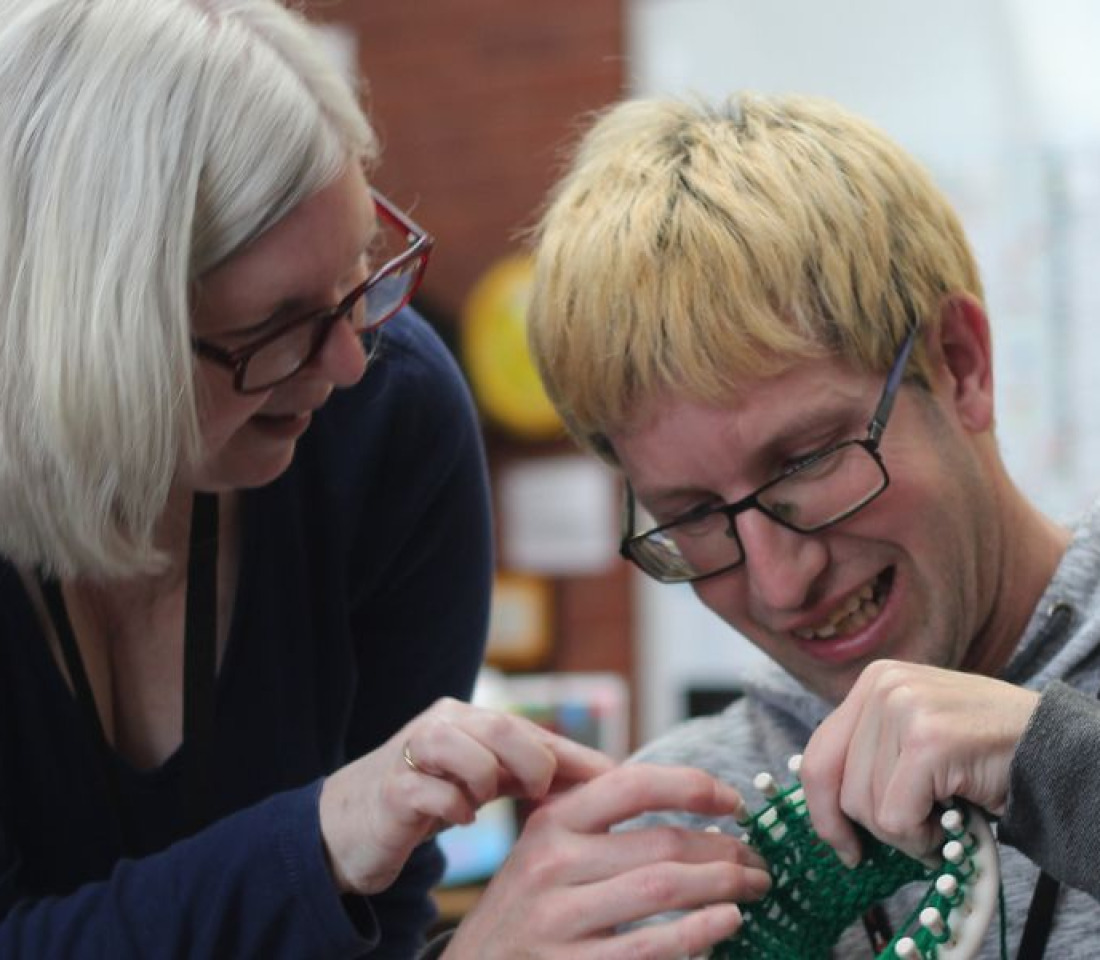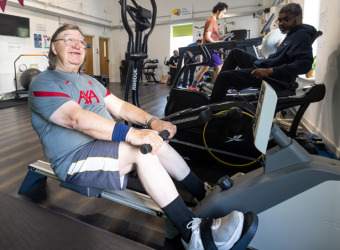What is multiple system atrophy?
Multiple system atrophy (MSA) is a rare and progressive neurological condition that affects the body’s involuntary functions. This includes processes such as blood pressure, digestion and bladder control.
In a healthy person, these functions are controlled automatically, thanks to our ‘autonomous’ nervous system. MSA is part of a group of conditions, collectively known as dysautonomia.
MSA usually develops in those aged between 60 and 70, however in very rare cases MSA can affect those as young as 30.
There is currently no cure, but treatments such as medication and physiotherapy can help manage symptoms for those living with MSA.
What causes multiple system atrophy?
MSA is caused by damage to the nerves in the brain that control our involuntary functions. The cause is unclear, but research has found a link between MSA and an abnormal build up of alpha-synuclein – the protein associated with Parkinson’s. However, the two conditions affect different parts of the brain.
MSA is a sporadic neurological condition, which means it happens by chance and is not inherited.
Research is still ongoing but with the support of charities like ours, we can support you to live well with MSA.
What are the symptoms of multiple system atrophy?
The symptoms of multiple system atrophy can be very similar to those of other conditions, making it harder to get the right diagnosis – especially in the early stages.
Sometimes people assume their symptoms are just part of getting older – so it’s really important to get them checked.
Early symptoms of MSA include:
- Bladder issues – these can vary from needing to use to the toilet often, to not being able to pass urine at all
- Men may suffer erectile problems
- Light-headedness – which can lead to fainting
- Feeling cold all the time
As MSA progresses, symptoms can be split, depending on the part of the brain that’s affected.
MSA-P (Parkinsonian type) – has symptoms that are similar to Parkinson’s. Symptoms tend to progress very quickly. A person may experience:
- Tremors – typically in the hands and fingers
- Slowed movement (bradykinesia) – which can make everyday tasks difficult
- Muscle stiffness – causing smaller and reduced movement
MSA-C – affects the cerebellum, the part of the brain that controls balance and co-ordination. Symptoms may develop more slowly, which can include:
- Ataxia – a condition that affects muscle co-ordination and eye movements
- Balance problems which may lead to frequent falls and the need for a walking aid
- Slurred speech (dysarthria) – which makes speaking clearly difficult
Both types of MSA have similar effects on the autonomous nervous system – the part of the body that controls functions that we don’t have to think about. These can include:
- Trouble with controlling body temperature – which may lead to excessive sweating, or extreme chills
- Difficulty chewing or swallowing food
- Emotional outbursts – laughing or crying unexpectedly
- Difficulty maintaining a healthy blood pressure
- Breathing problems – including a higher risk of lung infections
- Constipation – due to poor digestion
Although MSA is rare, getting a diagnosis early can help you access the right support.
Keep reading to find out how we can help you live well with MSA.
















